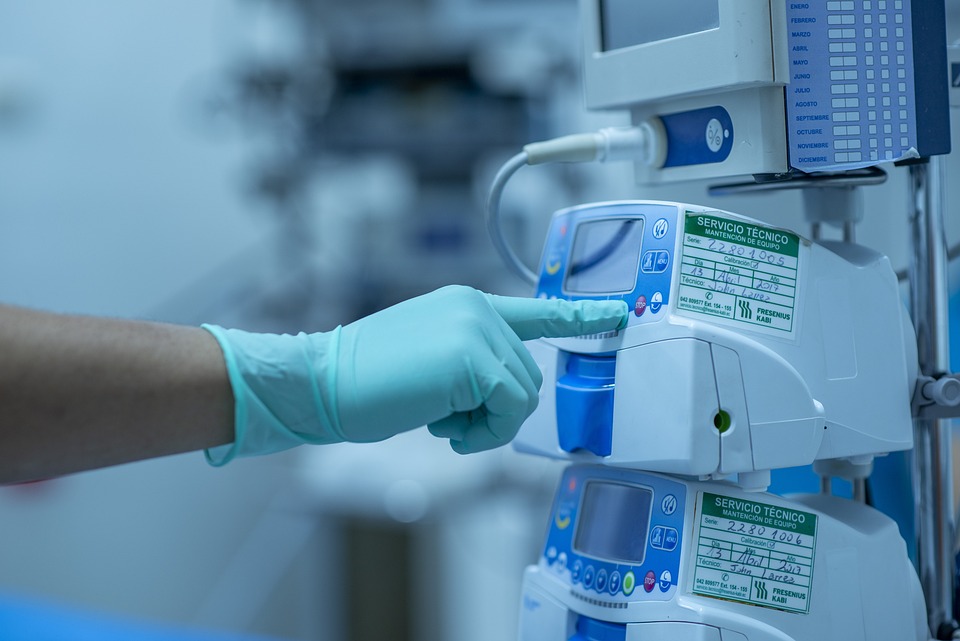
Exploring the Cultural and Ethical Implications of Plastic Surgery
The Rise of Plastic Surgery
In recent years, plastic surgery has become increasingly popular worldwide. With advancements in technology and growing social media influence, more and more individuals are opting for cosmetic procedures to enhance their physical appearance. From breast augmentations to rhinoplasties, plastic surgery is no longer limited to the rich and famous but has become accessible to a wider audience.
One of the driving factors behind the rise of plastic surgery is the societal pressure to conform to certain beauty standards. In today’s image-obsessed culture, individuals are bombarded with images of flawless celebrities and influencers, leading them to feel insecure about their own looks. This has created a demand for cosmetic procedures that promise to improve one’s appearance and boost self-confidence.
The Cultural Implications of Plastic Surgery
Plastic surgery has both positive and negative cultural implications. On one hand, it can be empowering for individuals to have the freedom to alter their appearance according to their own desires. This can help boost self-esteem and improve mental well-being for those who have struggled with body image issues.
However, plastic surgery can also perpetuate unrealistic beauty standards and reinforce harmful stereotypes. The pressure to conform to a certain ideal of beauty can lead to body dysmorphia and other mental health issues. Additionally, the normalization of plastic surgery can create a society that values physical appearance over inner qualities, perpetuating shallow and superficial values.
The Ethical Considerations of Plastic Surgery
Plastic surgery raises important ethical considerations that must be taken into account. One of the main concerns is the potential for exploitation of vulnerable individuals. Some patients may undergo unnecessary procedures or be pressured into treatments by unscrupulous practitioners looking to make a profit. It is essential for plastic surgeons to prioritize the well-being of their patients and to provide them with accurate information and realistic expectations.
Another ethical issue is the inequitable access to plastic surgery. While some individuals can afford the cost of cosmetic procedures, others may be priced out of the market. This creates a divide between those who can afford to alter their appearance and those who cannot, perpetuating inequalities based on wealth and privilege.
Conclusion
Plastic surgery has become an increasingly prevalent phenomenon in modern society, with both cultural and ethical implications. While it can empower individuals to enhance their physical appearance and boost their self-esteem, it can also perpetuate harmful beauty standards and create inequalities based on wealth and privilege.
It is crucial for society to have open and honest conversations about the cultural and ethical implications of plastic surgery. By examining the impact of cosmetic procedures on individuals and communities, we can work towards creating a more inclusive and accepting society that values diversity and inner qualities over superficial appearance.
In the end, the decision to undergo plastic surgery is a personal one that should be made with careful consideration and awareness of the potential implications. As technology continues to advance and society evolves, it is important to approach plastic surgery with a critical eye and a thoughtful mind, always keeping in mind the cultural and ethical considerations at play.